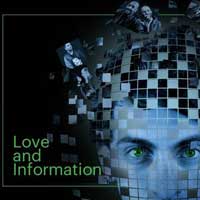
 [rating=5]How different a person would you be if there was just a slight change in what you thought was real? It’s a question that only becomes more pressing as artificial intelligence advances and opaque algorithms dominate how we perceive the world and communicate with others. In 2012, British titan of the theatre Caryl Churchill examined that theme in a vast but succinct series of vignettes called Love and Information. She was part of a wave of British playwrights turning the mirror on how our brain processes reality, contemporary with Nick Payne’s Constellations and slightly ahead of Tom Stoppard’s The Hard Problem. But while those two grappled with specific scenarios, Churchill left her play open ended, with a director free to choose which scenes to include and in what context the dialogue occurs. Now, at Trap Door Theatre, director Kim McKean has assembled a whirlwind of confrontations, conversations, and reminisces that probe the powers and limitations of the only somewhat-interconnected computers each of us carries around in our heads.
[rating=5]How different a person would you be if there was just a slight change in what you thought was real? It’s a question that only becomes more pressing as artificial intelligence advances and opaque algorithms dominate how we perceive the world and communicate with others. In 2012, British titan of the theatre Caryl Churchill examined that theme in a vast but succinct series of vignettes called Love and Information. She was part of a wave of British playwrights turning the mirror on how our brain processes reality, contemporary with Nick Payne’s Constellations and slightly ahead of Tom Stoppard’s The Hard Problem. But while those two grappled with specific scenarios, Churchill left her play open ended, with a director free to choose which scenes to include and in what context the dialogue occurs. Now, at Trap Door Theatre, director Kim McKean has assembled a whirlwind of confrontations, conversations, and reminisces that probe the powers and limitations of the only somewhat-interconnected computers each of us carries around in our heads.
“Is it better to know things or not to know things?” This question is asked in a taunting tone by fake friend who is clearly determined to ruin a bride’s big day, and is a recurring theme of Churchill’s meditation on relationships. It’s amusing when two tween girls panic because they realize neither of them know what Justin Bieber’s favorite scent is, as if that one absent piece of information destroys the plausibility of a fantasy about him. It’s less funny when a struggling former child star gives trollish answers to a paparazzo to get rid of him and still worries he’s given too much of himself away, or when a couple discovers that there is hardly any detail about their shared experiences that both of them recall. And there’s a tone of wistfulness when a family watching their parents’ wedding tape wish we had videos of everyone who ever lived, yet find they are unable to remember anything outside of what the tape shows them.
Of course, most of the people alive today do have videos of themselves available to the entire world. The vignettes are strung together by scenes of a young man (Jake Flum) livestreaming in his darkened bedroom to a Facebook channel entitled “Depression.” He sometimes mouths the words of the characters in the playing space while typing them out or steps in as a figure of authority, such as a minister pontificating on the nature of fear. The area around his eyes is swollen, as if he is sleep-deprived or has been punched in the face several times. It may be that he is the operator of the AI that is learning about humans from playing through these scenarios, making him a sort of god to this world. Whatever the answer is, it’s an effective technique, allowing for rapid-fire, yet natural transitions between different tones. Each actor in the nine-person ensemble displays a wide range and a gift for instantly shifting their physicality and voice, so that while each scene is only five to ninety seconds long, the dynamic in each is instantly recognizable.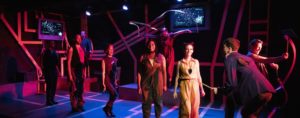
Having seen another production of Love and Information a few years back that made very different choices, I can attest to what an accomplishment McKean and her team have pulled off by making it their own. Not only is the production full of interesting tidbits that strike to the deepest parts of ourselves, it’s also funny and self-aware. In one brutally self-examining scene, Churchill has a character admit that she “knew” the propagators of the Iraq War were lying about their intelligence because she delighted in believing the worst of them. In another, the young man cracks himself up by seriously intoning about the Israelis and the Palestinians. But knowledge of Churchill’s works is hardly a prerequisite for enjoying this play. A key part of McKean’s wisdom is knowing when to act out a scene and when to keep it a casual conversation, of the sort anybody might enjoy during their leisure. The play’s brief run time makes it a perfect discussion starter for friends and couples starting a night out.
“Love and Information” will continue at Trap Door Theatre, 1655 W Cortland Ave, Chicago, thru October 19, 2019, at the following times:
Fridays: 8:00 pm
Saturdays: 8:00 pm
Running time is eighty minutes with no intermission.
Tickets are $20-25. Visit Trap Door Theatre or call 773-384-0494 or emailmailto:boxofficetrapdoor@gmail.com
To see what others are saying, visit www.theatreinchicago.com, go to Review Round-Up and click at “Love and Information”.

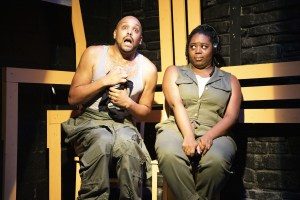

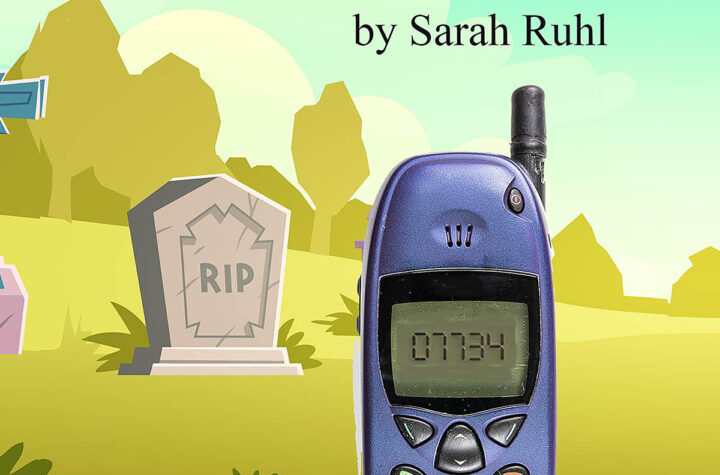

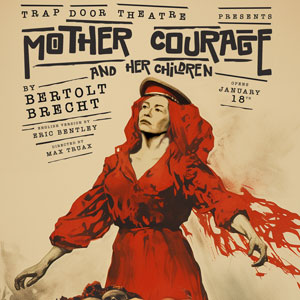
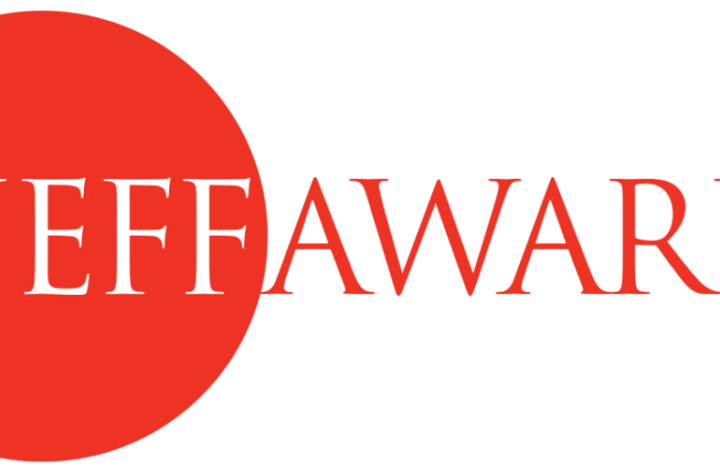
More Stories
“Dead Man’s Cell Phone”
“the distrikt of lake michigun”
“Mother Courage and Her Children” reviewed by Jacob Davis